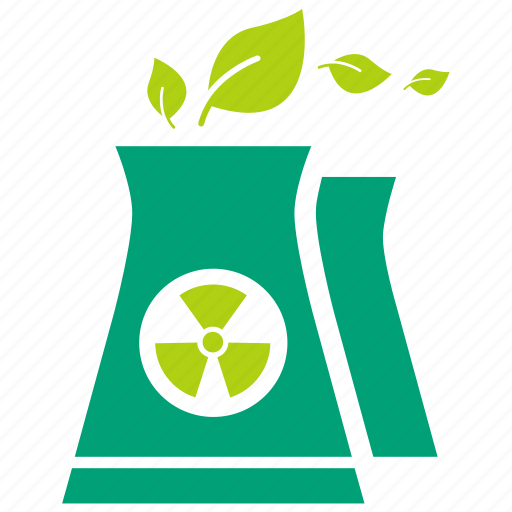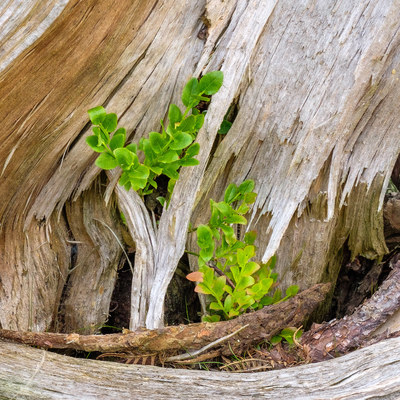- Source: https://www.thetimes.co.uk/article/sweden-to-return-to-uranium-mining-climate-minister-says-9w8mhs7rq
- No paywall: https://archive.ph/xsceM
Nuclear power is the only reliable non-fossil option, climate minister says
Uranium mining is set to return to mainland Europe as the region seeks alternatives to Russian nuclear fuel and Sweden pushes to treble its atomic energy capacity, the country’s climate minister has said.
Romina Pourmokhtari, who last year became the youngest cabinet minister in Swedish history at the age of 26, said there was a parliamentary majority behind lifting Sweden’s ban on uranium extraction and opening up by far the largest deposits in the European Union.
Nearly 40 years after the completion of the country’s last new nuclear power plant, Pourmokhtari has announced plans to build at least ten large reactors to meet an anticipated surge in demand for zero-carbon power.
She said that while wind and solar power would be important, the country also needed massive volumes of nuclear-generated electricity because output can be reliably dialled up or down to keep the power supply steady through the peaks and troughs of renewable generation.
“The government is aiming at doubling electricity production in 20 years,” Pourmokhtari said. “For our clean power system to function, a large part of this has to be dispatchable where nuclear power is the only non-fossil option. Nuclear power also has a reduced environmental footprint and requires limited resources in comparison with most energy sources.”
While Sweden has historically had a strong anti-nuclear movement that effectively froze the sector from the 1980s, there are signs that the tide is turning.
Greta Thunberg, the Swedish figurehead of the Fridays for Future climate protest movement, has said she regards atomic energy as “very dangerous and expensive”. She has since taken a more nuanced position, criticising Germany’s decision to switch off its last reactors and increase coal-fired generation earlier this year.
Pourmokhtari, the charismatic daughter of an Iranian refugee and a rising star in the business-friendly Liberals party, has become the public face of Sweden’s pro-nuclear shift.
An important part of this agenda will be reversing the moratorium on uranium mining, imposed by the previous left-leaning government in 2018.
A number of European countries are seeking more reliable and local sources of uranium as transcontinental supply chains become increasingly vulnerable to geopolitical ructions.
While Kazakhstan is by far the world’s largest producer of uranium ore, Russia dominates the processing and enrichment of the fuel, accounting for nearly 50 per cent of global supply. Experts believe several western European states are still buying nuclear fuel from Russia despite the invasion of Ukraine.
China also plans to nearly treble its own uranium enrichment capacity by the end of the decade, which would make it the second biggest player and put it ahead of Urenco, a British-German-Dutch nuclear fuel consortium.
Next summer Terrafame, a Finnish state-owned mining firm, plans to begin extracting small quantities of uranium at its zinc and nickel mine in Sotkamo, 300 miles northeast of Helsinki.
Yet Sweden, which accounts for about 80 per cent of the EU’s uranium deposits, will be decisive. The case for exploiting these reserves is driven not only by a renewed need for security but also by an increase in the price of uranium, which has risen to its highest level in a decade after oversupply caused a crash in the mid-2010s.
Pourmokhtari pointed out that companies mining for other metals in Sweden were already having to extract uranium and dispose of it as an unwanted by-product.
At least two foreign mining exploration companies are waiting in the wings. Aura Energy, from Australia, is believed to be sitting on the world’s second-largest untapped deposit of uranium at Haggan, a site next to Lake Storsjon in the central Swedish county of Jamtland.
District Metals, a Canadian firm, has the mineral rights to nearly 25,000 acres of potentially uranium-rich land at Ardnasvarre in the far north and is looking at a second, smaller site in Jamtland.
“The Russian invasion of Ukraine has put a spotlight on energy supply and security for Sweden, Europe and all other democratic countries that rely on energy from autocratic countries,” Garrett Ainsworth, District Metals’ chief executive, said.
“Relying on autocratic countries for anything is a large risk that has now been deemed unacceptable. The democratic countries must break the ‘not in my backyard’ mentality and focus on exploiting domestic supplies of resources for energy and materials.”
Adrián Godás, a mining industry analyst based in Spain, said the revival of uranium mining in Sweden could be “very significant” but there were still big hurdles to overcome. The country’s uranium ore tends to be relatively low-grade and expensive to extract, particularly under the EU’s stringent environmental rules.
“The European population has become accustomed to importing materials from other regions and hindering domestic mining, not just uranium mining,” Godás said. “The environmental regulations and processes are exhausting and require thousand-page reports that are often rejected for political reasons even if all the technical criteria are met.”
There is also a groundswell of opposition at local and national levels. Per Bolund, co-leader of the Swedish Green party and an environment minister under the last government, said he remained fundamentally opposed to the expansion of nuclear power, which he regards as a distraction from renewables and a risky source of radioactive waste. He is also firmly against the return of uranium mining.
“We’ve actually had uranium mining in Sweden [before] and that was a terrifying experience and led to enormous environmental problems and scars in the landscape,” Bolund said.
“[The mooted revival of uranium mining] leads to a lot of concern around Sweden for people who want to be sure that their water is drinkable, that they can produce food on their farms. Of course it will be quite difficult to convince people to buy our milk if your neighbour is a uranium mine.”
One of these people is Ida Asp, a manager at the Swedish Agency for Economic and Regional Growth from Oviken, a village in Jamtland where District Metals’ local subsidiary hopes to begin prospecting for uranium and other metals. She worries that she and several thousand of her neighbours might have to leave their homes so that miners can begin extracting the vast radioactive deposits buried in the earth far below their feet.
Asp said she was also concerned that the mine could pollute the nearby Lake Storsjon, which provides drinking water to another 55,000 households, as well as use up a large amount of local land.
“If we look at the history, we don’t know any mines like this that didn’t become an environmental catastrophe, so we don’t have any examples of how to do this in a good way,” she said. “That’s a bit scary and I think you should do some examples [of safe mining elsewhere] before you risk this big lake.”
However, Pourmokhtari said permits would only be issued after thorough environmental assessments and “proper dialogue” with people living nearby. “I know that Sweden has great potential to lead the mining industry towards a cleaner future,” she said.
@Emil@feddit.nl
This is very good news, to be honest. Uranium mining in Sweden is likely to be done in compliance with environment protection standards to much more extent than in Russia or China for example.
Given everything else that’s going to hell in a handbasket at the moment, it was only a matter of time.
Now for the Germans to resume uranium mining … ;-) Germany’s reserves are not much smaller than the Swedish ones, although both are much smaller than those of the big producers (according to Wikipedia).




